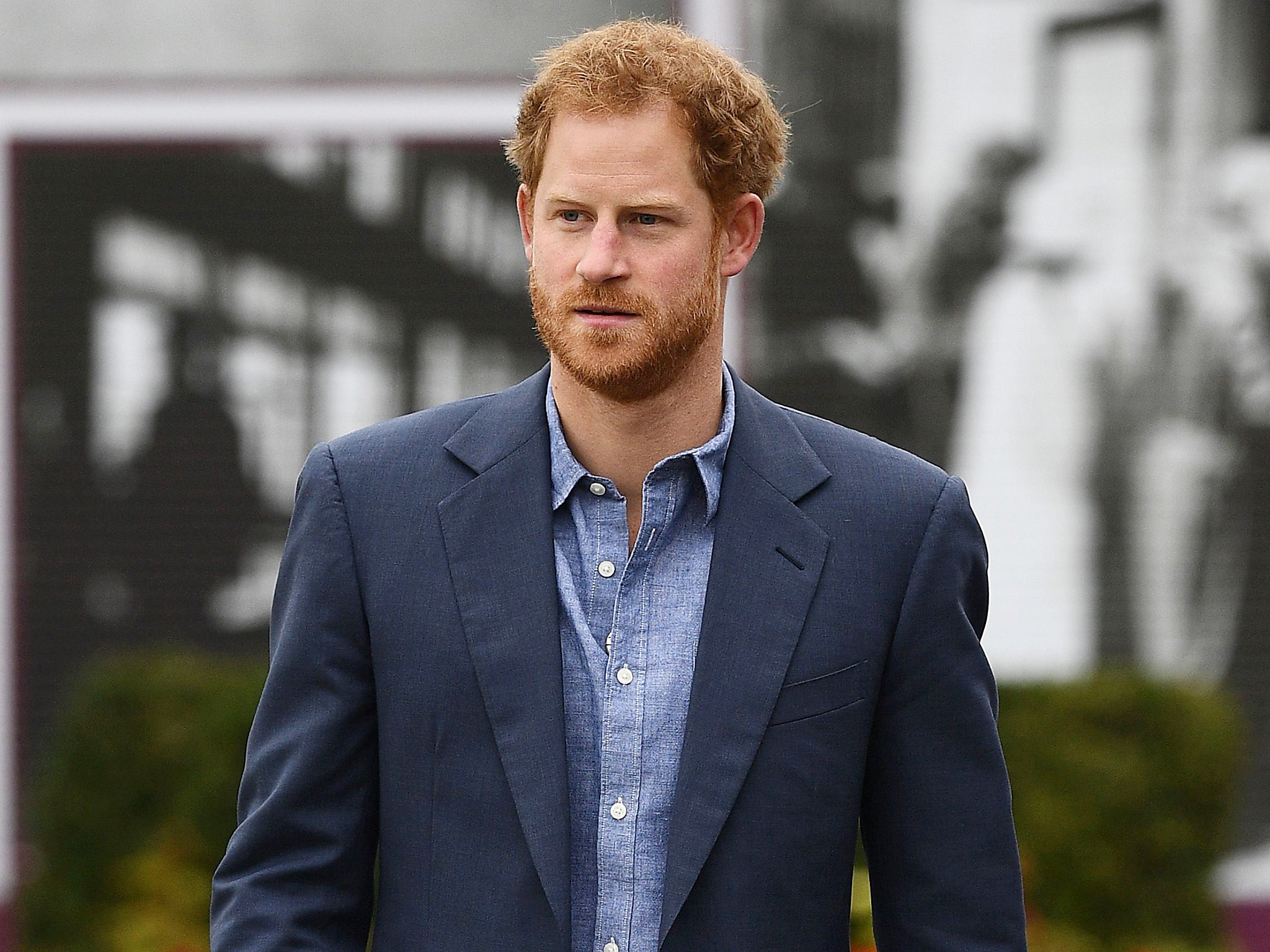Prince Harry was right to talk about his mental health, but the media’s obsession with ‘stigma’ isn’t helpful
It shouldn’t be assumed that every person seeking treatment for a psychological illness regards doing so as a big deal


After Princess Diana’s death in 1997 it was fashionable in some circles to pour scorn on the national outpouring of grief which the tragedy produced. Certainly it was a fascinating phenomenon, indicative perhaps of a broader shift towards more emotion in public life. It was, after all, the summer of Tony Blair’s arrival in Downing Street, when Brits were finally released from the shackles of Tory government and optimism ruled. Diana’s death in a car crash in Paris seemed to provide a stunning counterpoint to the upbeat mood.
For the thousands who lined the streets to watch her coffin, Diana’s very public funeral may have provided an outlet for all sorts of complex, personal issues – not necessarily connected with their feelings towards the People’s Princess. And is that really something to be scornful about? Yet for two small boys who had lost a mother, it was perhaps a less conducive way to process grief.

Indeed, Prince Harry’s interview today with The Telegraph provides a remarkable insight into the difficulties he experienced in the years after Diana died. “My way of dealing with it,” he says, “was sticking my head in the sand”. That in turn led to a near breakdown and in the last two or three years a decision finally to undergo counselling, which he describes as “great”.
Harry, probably even more than his brother, has been an incredible asset to the Royal Family. He is the down to earth Prince, the one you’d like to have a drink with. His antics as a younger man, his military service and his charitable work have all in their own ways made Harry seem like the ideal incarnation of a modern royal. It is plain now that the support he and Prince William have been giving to a mental health campaign has a more personal aspect than might have been first thought. No doubt that will help the cause.
The charity campaign in question, Heads Together, aims to encourage people to feel more comfortable talking about their mental wellbeing and to “end the stigma” around mental health. Given that one in four people will be affected by mental ill health at some point, that is a laudable aim, although not one easily achieved. The Time to Change campaign launched in 2009 with the same intention and yet a survey published last year by the National Centre for Social Research found that a fifth of respondents still agreed that “one of the main causes of mental illness is a lack of self-discipline and willpower”.
Instances of well-known people talking about their struggles with mental illness have been shown to encourage others to consider seeking help, although one wonders whether those who pin the blame on a lack of willpower are likely to change their mind on the back of a celebrity interview or biography. The media’s role also remains significant and to be fair attitudes have, for the most part, moved on since The Sun’s front page nadir – “Bonkers Bruno locked up” – in 2003. Still, the most likely news stories in which references to mental illness appear are those concerning criminal, often violent, acts carried out by people possibly experiencing some sort of psychiatric disorder or distress.
That may be inevitable to a degree, but it provides one explanation why individuals can remain anxious about acknowledging their own mental ill health – what if by doing so they become associated with criminality? And it points to the ongoing need for journalists to be wary about connecting misdeeds with real or presumed mental illness. Speculation about the psychology of the terrorist can be particularly damaging.
Nonetheless, the flip side is the narrative which takes as its accepted starting point the existence and presumed knowledge of a stigma. It may be correct up to a point – as the Heads Together campaign makes clear – but when repeated as a simplistic mantra in media reports it tends to underplay the genuine advances that have been made in public understanding of mental health over the last two decades. Moreover, it shouldn’t be assumed that every person seeking treatment for a psychological illness regards doing so as a big deal.
Ultimately, tackling mental ill health should not be about challenging stigma but about recognising that mental illness comes in many shapes and sizes and that there is rarely a one-size-fits-all approach to dealing with it. For those who find it simply impossible to empathise, there may be help available for you too.
Join our commenting forum
Join thought-provoking conversations, follow other Independent readers and see their replies
Comments
Bookmark popover
Removed from bookmarks